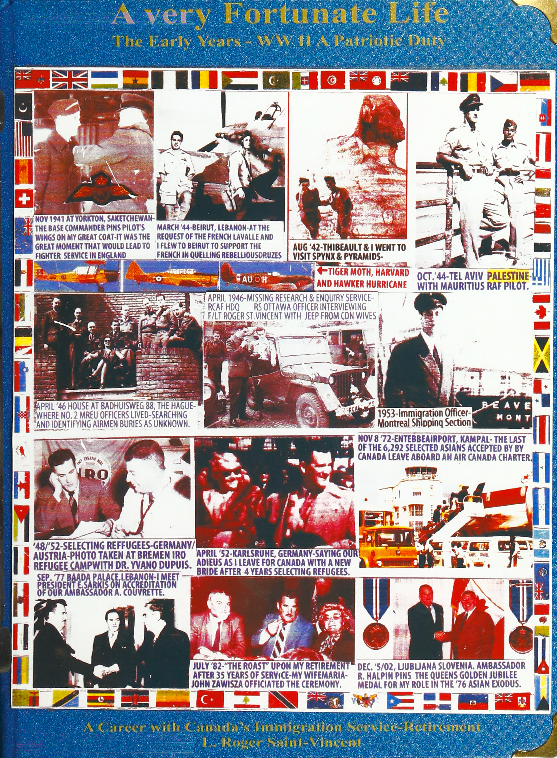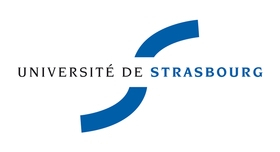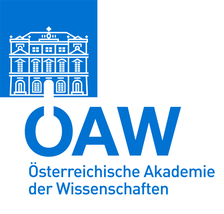CNHH Sponsored Panel – Canadian Historical Association Annual Meeting, Congress of the Humanities and Social Sciences, Congress of the Humanities and Social Sciences, June 5, 2019, University of British Columbia
Education – defined broadly – was at the heart of notions, discourses, and practices of international development efforts in the mid-twentieth century. Learning from Development/Development from Learning:Aid and Education, 1945-1975 proposes to engage with this idea at multiple registers, across diverse time periods, and in the non-governmental, governmental, and intergovernmental settings. In so doing, it explores how Canadians were implicated in a diverse array of efforts to impart the knowledge of ‘development’, the way in which such knowledge was constructed, and the structures of power it thus reflected and reified. It also explores how Canadian involvement in the global development phenomenon led to a feedback of lessons that shaped how Canadians, their communities and their institutions related to the Global South.
To this end, Jill Campbell-Miller focuses on the life and career path of individual women in order to uncover the role Canadians and Canadian organizations played in developing medical institutions in India. Building on this discussion, David Meren explores the origins and evolution of a UN Regional Training Centre launched in the late 1950s at UBC, a collaboration between that university, the UN, and the Canadian government, and how efforts to train individuals from the Global South meant to carry home the knowledge obtained from their time in the Pacific Northwest were interwoven with settler colonialism. Finally, Kevin Brushett explores ‘Ten Days for World Development’, a program the Interchurch Consultative Committee for Development and Relief for development education launched in 1973 with a view to raising awareness of development and social justice issues among Canadian communities, and that evolved into a network for development education programs with which Canada and Canadian NGOs became strongly – though not uncomplicatedly – associated.
Thank you to CNHH member David Meren for organizing this year’s panel.
00.00: Introduction by Chair, David Webster, Associate Professor, Bishop’s University
04:00: Jill Campbell-Miller, SSHRC Postdoctoral Fellow, Department of History, Carleton University, “A Mission for Modernity: Canadians and Medical Education in India, 1946-1966”
27:00: David Meren, Professeur agrégé, Départment d’histoire, Université de Montréal, “The Pedagogy of ‘Development’: Settler Colonialism and the Origins, Life and Demise of the United Nations Regional Training Centre for Technical Assistance at UBC”
57:15: Kevin Brushett, Associate Professor, Department of History, Royal Military College of Canada, “On Ten Days to Shake the World: NGOs, the State, and the Politics of Development Education”
1:22:45: Question period
*Please note – some of the questions are difficult to hear in this section of the audio, and you may have to adjust your volume appropriately.








